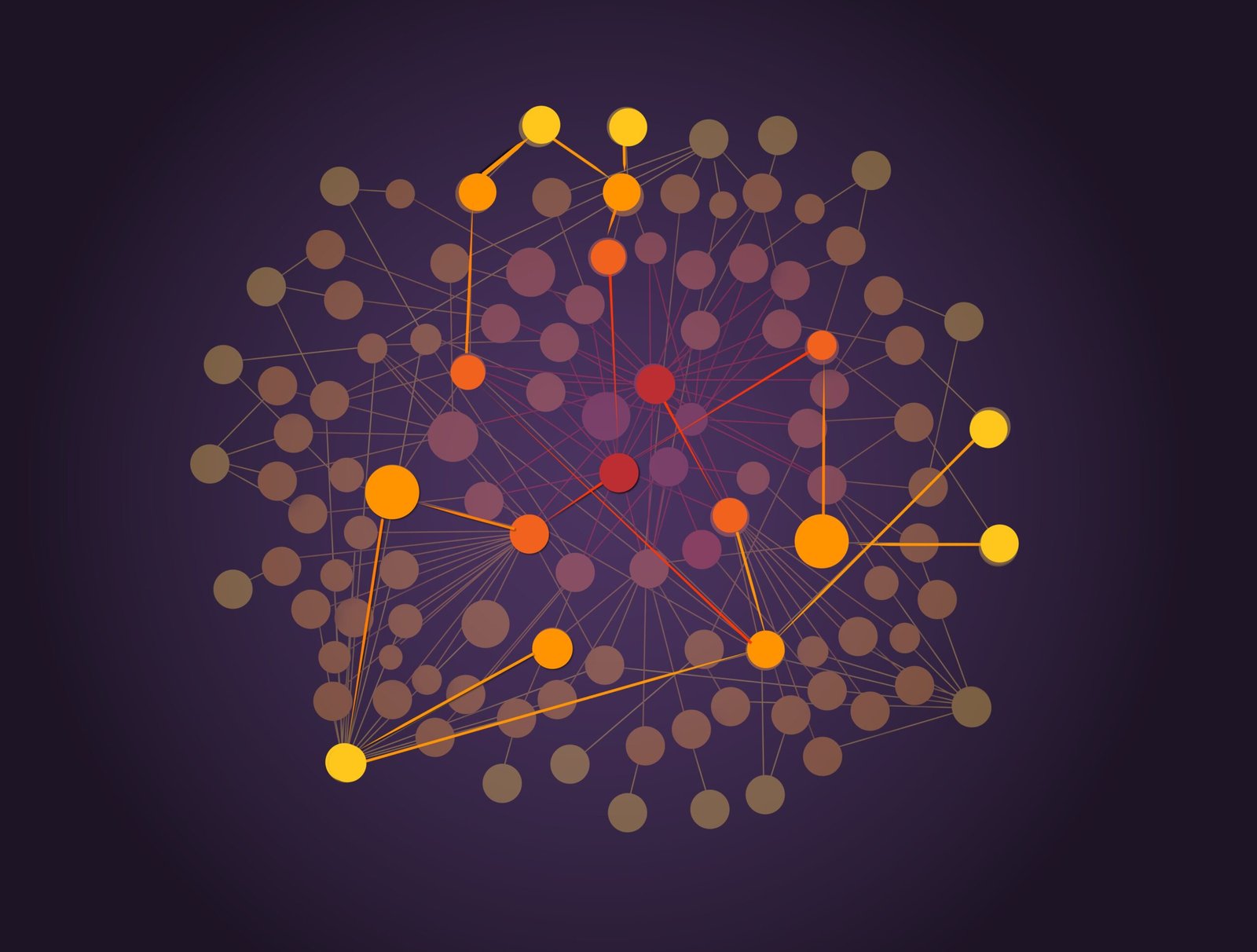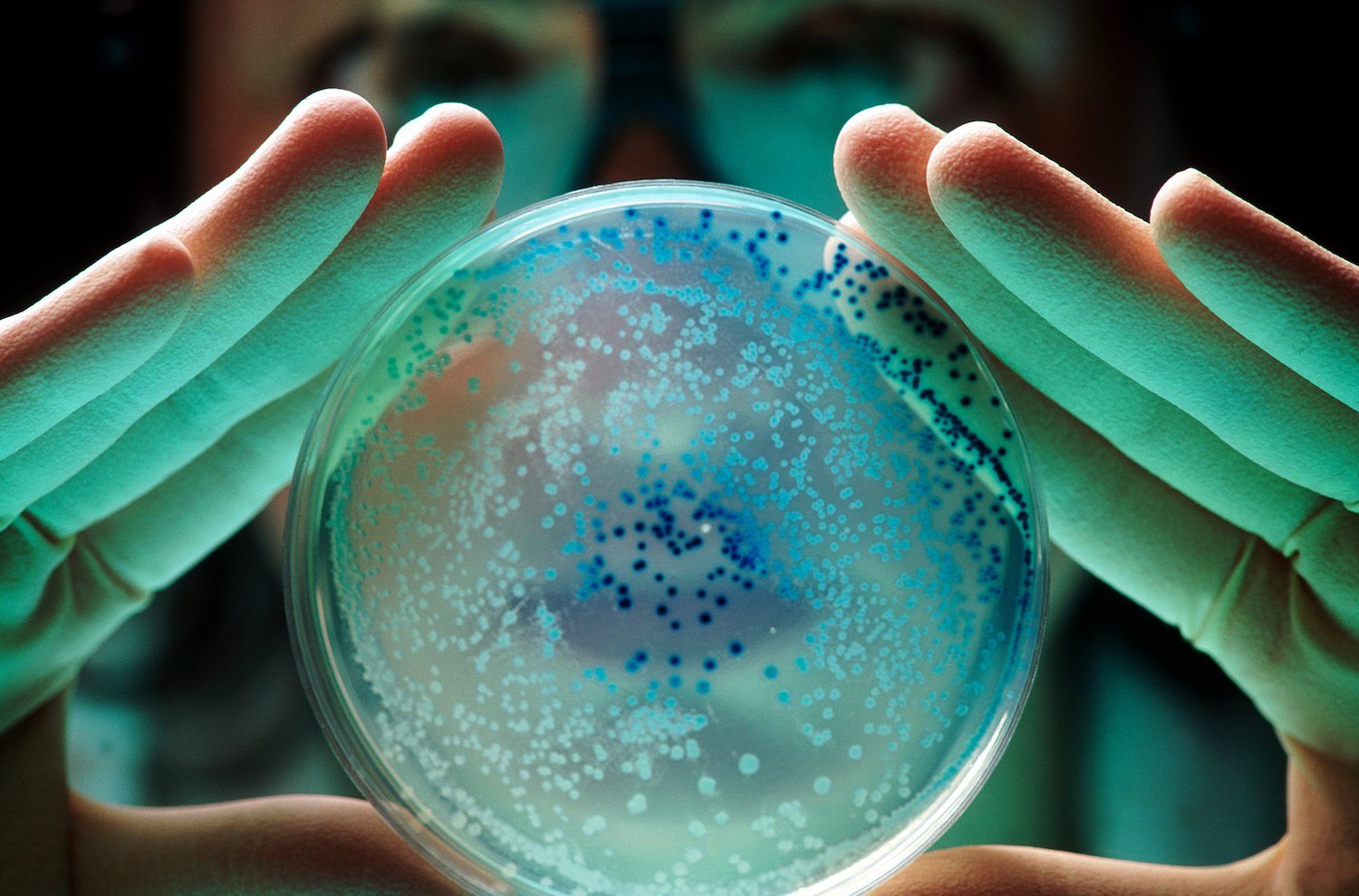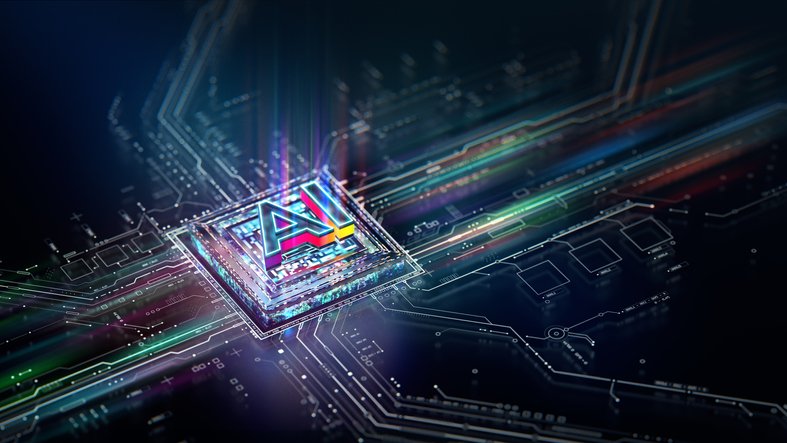Over a century ago, William B. Coley, MD, famously injected cancer patients with bacterial toxins in a bold attempt to shrink their tumors—laying the foundation for modern immunotherapy. Now, scientists in Japan may have taken his vision a step further: targeting cancer in mice without relying on the immune system at all. A recently engineered bacterial cancer therapy has been shown to operate independently of the immune system, providing complete tumor remission in both immunocompetent and immunocompromised mice.
Immunotherapies such as CAR-T cells and checkpoint inhibitors have revolutionized cancer care, but they require a functioning immune system to work. That’s a major roadblock for many patients undergoing chemotherapy or radiation, as they are often immunocompromised.
Researchers from the Japan Advanced Institute of Science and Technology (JAIST), Daiichi Sankyo, and the University of Tsukuba have developed a bacterial consortium, dubbed AUN, that demonstrates potent antitumor efficacy in mouse models, including those lacking functional immune cells. Their findings, titled, “Tumor-resident oncolytic bacteria trigger potent anticancer effects through selective intratumoral thrombosis and necrosis,” and published in Nature Biomedical Engineering, suggest a promising drug-free strategy for cancer therapy that could benefit immunocompromised patients.
The AUN therapy comprises two naturally occurring bacteria: Proteus mirabilis (A-gyo), a tumor-resident microbe with impaired motility and no pathogenicity and Rhodopseudomonas palustris (UN-gyo), a photosynthetic bacterium that enhances A-gyo’s specificity and safety. Administered intravenously in a precise 3:97 ratio (A-gyo:UN-gyo), the bacterial duo accumulates within tumors, where it triggers selective intratumoral thrombosis, vascular collapse, platelet aggregation, and widespread tumor necrosis—all without prompting systemic toxicity or cytokine release syndrome. This was tested in various syngeneic mouse models, including colorectal cancer, sarcoma, metastatic lung cancer, and extensive drug-resistant triple-negative breast cancer.
Strikingly, in immunocompromised mice, the researchers report that the double dose of AUN achieved a high percentage of complete responses, even against human tumor xenografts. From the study, “This revealed that tumor spheroids were structurally destroyed over time after incubation with AUN, leading to the formation of a massive extracellular and intracellular biofilm of AUN both inside and outside the spheroids. We believe that tumor spheroid destruction was caused by AUN-secreted various cytolysins, such as toxins.”
“This natural bacterial synergy—achieved without genetic engineering—offers a self-regulating and controllable strategy for safe, tumor-targeted therapy,” the researchers wrote.
What makes AUN especially promising is its controllability, but the authors address this: “Despite the high controllability of AUN using antibiotics, concerns such as potential drug resistance and infection risks associated with the use of live bacteria require careful consideration and resolution. The preliminary findings of this research, although promising, need further exploration to fully comprehend and validate the potential risks associated with toxicity and efficacy.”
While the concept of bacteria in cancer therapy isn’t new—it dates back to “Coley’s Toxins”—modern approaches have largely focused on engineered strains or immune-dependent mechanisms. This study breaks new ground by demonstrating that bacteria alone, without immune help, can eliminate tumors through a process of localized vascular shutdown and direct cytotoxicity.
The team is now preparing to launch a startup with hopes of entering clinical trials within six years.
“A new chapter in bacteria-based cancer therapy—pursued for over 150 years—is finally beginning,” said lead author Eijiro Miyako, PhD, a professor at JAIST.
If successful in humans, AUN could represent a major shift in cancer treatment, one that finally opens the door for effective therapies in patients whose immune systems have been left behind
The post Immune-Independent Bacterial Therapy Destroys Tumors in Mice appeared first on GEN – Genetic Engineering and Biotechnology News.



